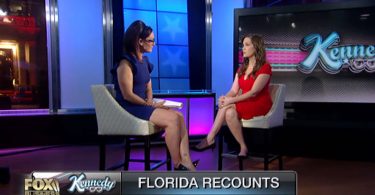What are the problems with President Obama’s recent pronouncement on transgenderism in public schools? I discuss with Michel Martin and the barbershop panel on NPR’s All Things Considered.
Transcript:
MICHEL MARTIN, HOST: Well, as you’ve heard there are lots of opinions on this one. Since the issue of transgender bathroom bills is so contentious with people of all kinds of backgrounds and perspectives weighing in, we wanted to take this conversation to the Barbershop. That’s where we bring a group of interesting people together to talk about what’s in the news and what’s on their minds.
This week, I was joined by Barbershop regular Dru Ealons. She’s a political blogger and former Obama appointee at the Environmental Protection Agency. Also with us, Josh Levs. He’s a journalist and author. His book is titled “All In: How Our Work First Culture Fails Dads, Families, And Businesses – And How We Can Fix It Together.” And finally, Gayle Trotter. She is a columnist, political commentator and attorney in Washington, D.C.
And I started out by asking about the issue brought up by Lt. Gov. Dan Patrick about whether the White House guidance on transgender bathrooms is a government overreach. I asked Gayle Trotter for her opinion first.
GAYLE TROTTER: We all want an inclusive society. I think the problem with the way the Obama administration has carried this out is that they haven’t candidly assessed the cost of this type of policy. So we understand that women need privacy. They need safety in places that they frequent. And yet the Obama administration has decided to reinterpret an old law that never included transgender people for over 40 years.
And to do this in a way from Washington one-size-fits-all edict instead of going through the constitutional process of having a national discussion, going to the Congress, having the Congress pass an appropriate law or leaving it to the states to work out how the states feel it’s appropriate for them to handle it, to have laboratories of practice to understand how we can be an inclusive society, but we can also protect women’s safety and privacy. . . . (read the rest)








